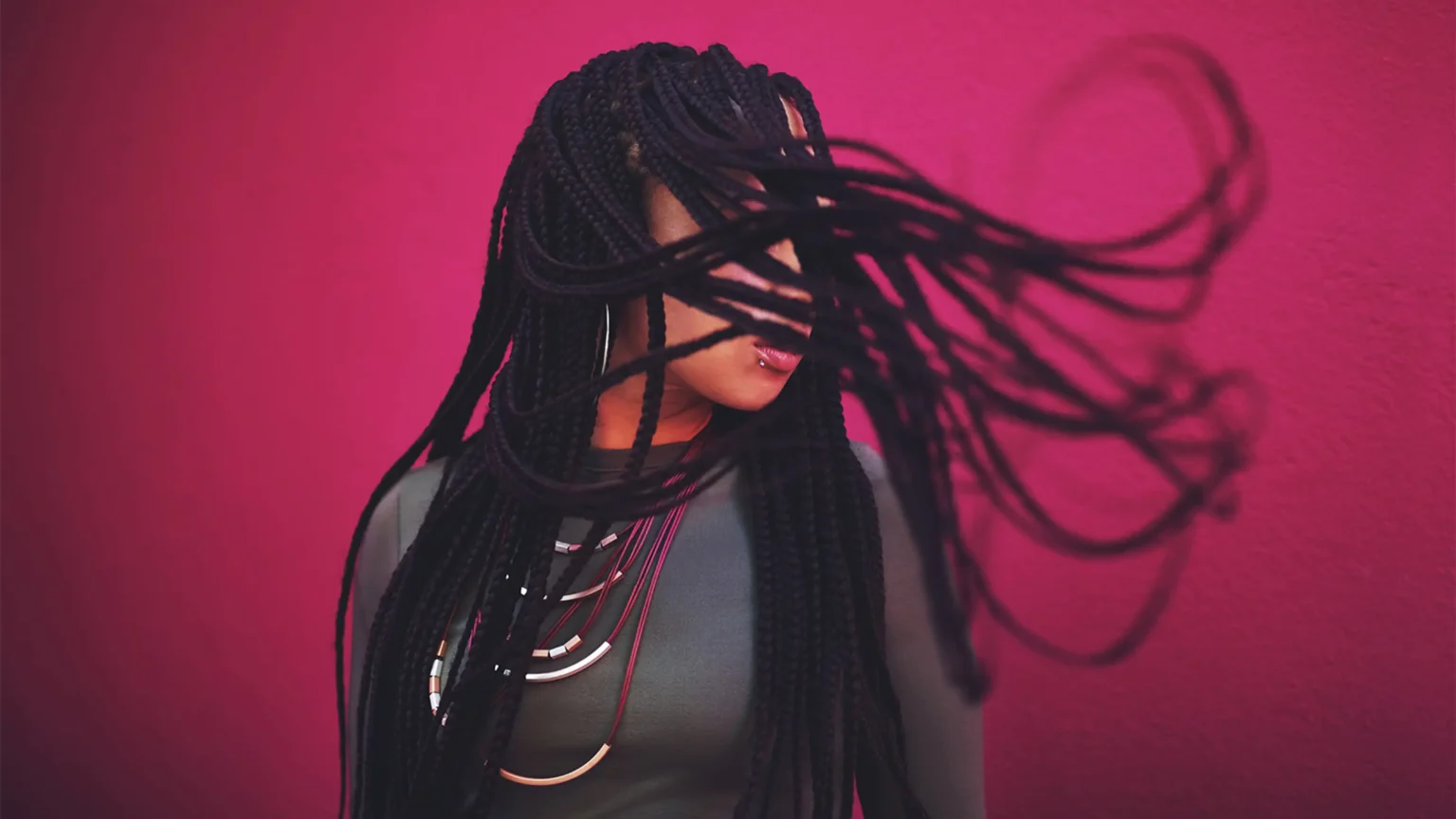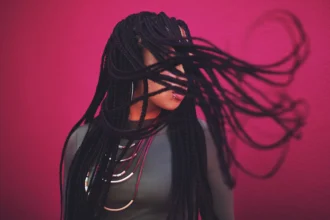A recent study by Consumer Reports has uncovered a disturbing reality for consumers of synthetic braiding hair. Tests conducted on ten popular synthetic hair brands revealed the presence of cancer-causing chemicals in all of them, sparking serious health concerns.
The study was prompted by Crystal Thomas, a student at Albert Einstein College of Medicine and the City University of New York, who experienced discomfort while wearing braids made from Kanekalon-brand synthetic hair.
“I couldn’t sleep well, my throat felt irritated, and I had trouble focusing on any type of work I was doing because of the smell,” Thomas explained. “The smell wouldn’t go away even after washing my hair multiple times.”
- Advertisement -
Her concerns led to further research and, ultimately, a Consumer Reports investigation into the synthetic hair industry.
Toxic Substances Found in Popular Brands
Consumer Reports tested brands including Magic Fingers, Sassy Collection, Sensationnel, and Shake-N-Go, among others. The findings were shocking:
-
- Carcinogens were found in all ten brands tested.
-
- Lead, a toxic heavy metal, was present in nine out of ten products.
-
- Volatile Organic Compounds (VOCs) such as acetone were detected in all of them.
These chemicals pose significant health risks, particularly with prolonged exposure. VOCs, for example, are known to cause headaches, nausea, and long-term effects such as respiratory issues and cancer.
A Booming Industry with Growing Concerns
The synthetic hair industry is expanding rapidly, with the U.S. market valued at R52.9 billion in 2023 and projected to surge to R120.3 billion by 2029. Given this rapid growth, consumer safety advocates are urging greater regulation and transparency within the industry.
Experts are now advising:
-
- Checking for product recalls before purchasing synthetic hair.
-
- Limiting wear time to reduce exposure to harmful chemicals.
-
- Exploring alternative hair options such as Rebundle, Nourie Hair, and Dosso Beauty, which prioritize non-toxic materials.
Brands Respond to Safety Concerns
Despite the alarming findings, some manufacturers stand by the safety of their products.
Sensationnel, a well-known brand, issued a statement:
“We unequivocally stand by the safety of Sensationnel products, and our company urges consumers to continue to confidently use Sensationnel products.”
Magic Fingers echoed a similar sentiment:
“We strongly stand by the safety of our products and the quality materials used to make them.”
A Call for Stricter Regulations
The revelation of hazardous chemicals in synthetic braiding hair raises concerns over the lack of regulation in the industry. Consumer health advocates are calling for increased oversight, more stringent testing, and clearer labeling to ensure buyers are fully informed about potential risks.
As the debate continues, many consumers are left wondering: Is the beauty worth the risk? Until stricter safety measures are enforced, those who wear synthetic braiding hair may need to take extra precautions to protect their health.
Carcinogens are substances, agents, or exposures that can cause cancer by altering cellular DNA or disrupting normal cell processes. They can be found in chemicals, radiation, or even certain viruses. Common examples include:
- Tobacco smoke (contains multiple carcinogens)
- Asbestos (linked to lung cancer)
- Ultraviolet (UV) radiation (from the sun, causing skin cancer)
- Processed meats (classified as carcinogenic by WHO)
- Certain chemicals (like benzene and formaldehyde)
Long-term exposure to carcinogens increases cancer risk, but not all exposures lead to cancer immediately—it often depends on the dose and duration.
@consumerreports Could “protective hairstyles” like synthetic braids do more harm than good? Our latest investigation revealed surprising findings in some hair available today. Learn more through the link in our bio. #hairtok #braidinghair #blackhairtiktok #protectivestyles ♬ original sound - Consumer Reports









